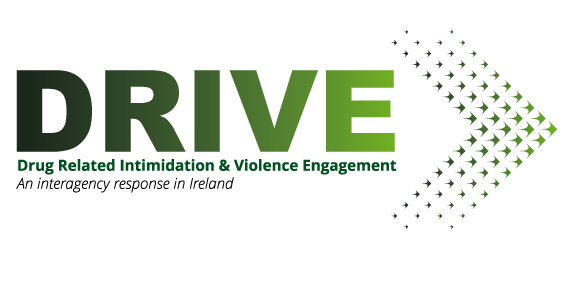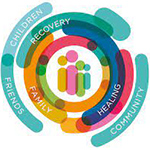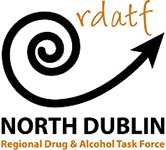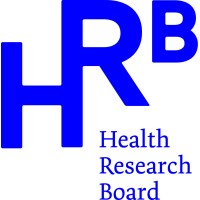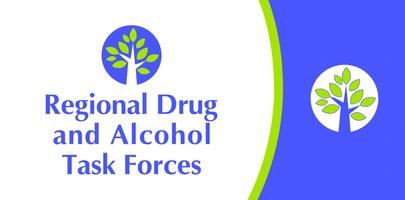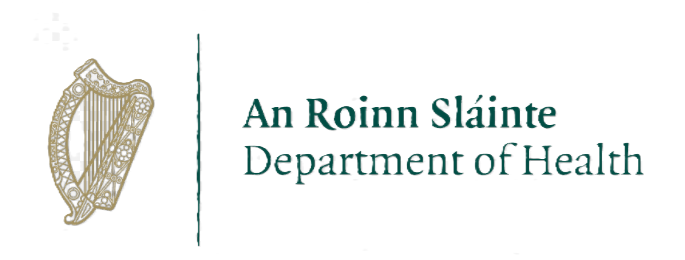DRIVE project
DRIVE (Drug related intimidation & violence engagement) project is a data-driven intervention model to respond effectively to drug-related intimidation and violence in communities in Ireland. It is an interagency project which outlines systems and structures to respond to drug related intimidation and associated violence with victim support and interagency working being the key components to its success.
The DRIVE project as a key action under the current National Drugs Strategy, Reducing Harm Supporting Recovery. A health-led response to drug and alcohol use in Ireland 2017-2025. It is supported by the Minister of State with responsibility for Public Health, Wellbeing and the National Drugs Strategy with funding allocated to support the project by the Drugs Policy, Refugee and Inclusion Health Unit, Department of Health.
DRIVE Project Explained
Implementation of the DRIVE framework is managed and co-ordinated by a National DRIVE Oversight Committee (DOC). Its key objective is to build the capacity of key stakeholders and communities around Ireland to respond to drug-related intimidation and violence and reduce the harm within communities.
The DRIVE Framework is comprised of 6 pillars, which collectively provide a comprehensive response to drug related intimidation.
The 6 pillars are,
- Capacity building and shared commitment, so communities can develop and have an increased understanding of DRI and improve the capacity of frontline workers and organisations to respond effectively
- Data collection & analysis, to increase reporting of data, which in turn will increase our knowledge of DRI prevalence and trends in local communities.
- Information sharing, connecting organisations, sharing information and learning to enable solution focused approaches and supports at a local, regional and national level.
- Community level supports to develop, design and implement data informed and evidence-based community level supports to tackle DRI focusing on prevention, desistance and suppression.
- Law enforcement to support responsive policing aligned to area-based data ranging from harm reduction approached to aggressive investigations.
- Legislative & systemic change to enable the pursuit of strategic, policy and legislative changes to bring about increased convictions and reduce incidents of DRI.
The key objectives of the DRIVE project is to build the capacity of communities around Ireland to support victims of drug related intimidation and violence. We are building the capacity of services so that they in turn can support those impacted of drug related intimidation. We do by providing DRIVE specific training and capacity building to services, developing resources and signposting those impacted by DRI to local specialist support services in their local area.
Through DRIVE if you are a victim of intimidation there is a pathway for you. Most importantly it ensures that anyone who is a victim of intimidation can receive non-judgemental, safe & confidential support and can access services and supports in their local area. People experiencing drug related intimidation need to know where to get help, be confident that it is confidential, that they will not be judged and most importantly that it is safe for them and their families.
